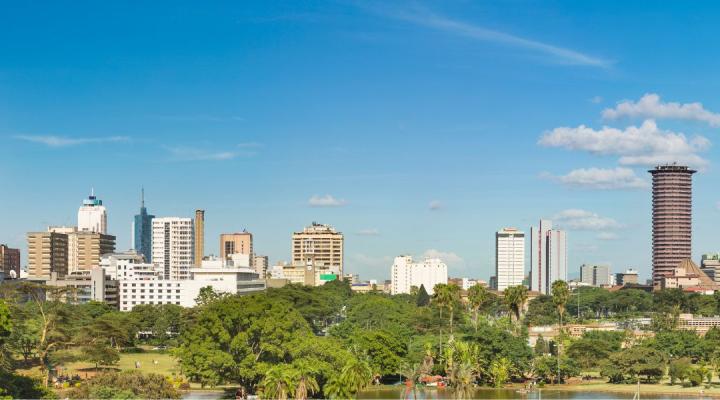Space identity, skilled work and the professions

Space is not just the domain of rocket scientists and physicists with multiple PhDs: it is a future economic zone that will call on a wide variety of people and skills to make it work. But it also poses the ethical challenges of inclusion and ensuring that exploration does not become exploitation.
These were the conclusions of the expert panel convened for the second virtual event in Oxford Saïd’s Smart Space series, broadcast live on 19 March 2021. Frank White, Harvard Space for Humanity Foundation, Sam Adlen, Chief Strategy Officer, Satellite Applications Catapult, and Catherine Mealing-Jones, Director, Growth, UKSA, discussed with host Eamonn Molloy, Fellow and Tutor in Management, Pembroke College, University of Oxford, how traditional space exploration and scientific research had an impact on sectors such as communications, agriculture, and transport. Commercialised and entrepreneurial ‘new space’, meanwhile, held the promise of still more beneficial innovations such as drug development in a microgravity environment.
New space is set to become increasingly collaborative Governments will still have a central role, particularly in research and development, creating the backbone infrastructure for long-range exploration and missions. But there will be partnerships with institutions and a variety of different types of companies in the commercial sector to deliver real-world applications.
This complex environment will draw on a wide range of skills Hard, technical and engineering skills will always be needed, including expertise in AI and robotics. But as space opens up it will call for greater diversity of thinking and experience, attracting talent in fields such as finance, policy, law, management, business, and innovation.
New countries will become involved Space is a big place, with room for countries that have not so far launched major exploration programmes to collaborate with others and also to find their own specialist areas. Catherine Mealing-Jones advised new players to be aware of what is already there, but to take advantage of not being encumbered with a history in space: ‘it can actually be quite liberating to start from first principles and think about how you want to use space to benefit your economy’.



